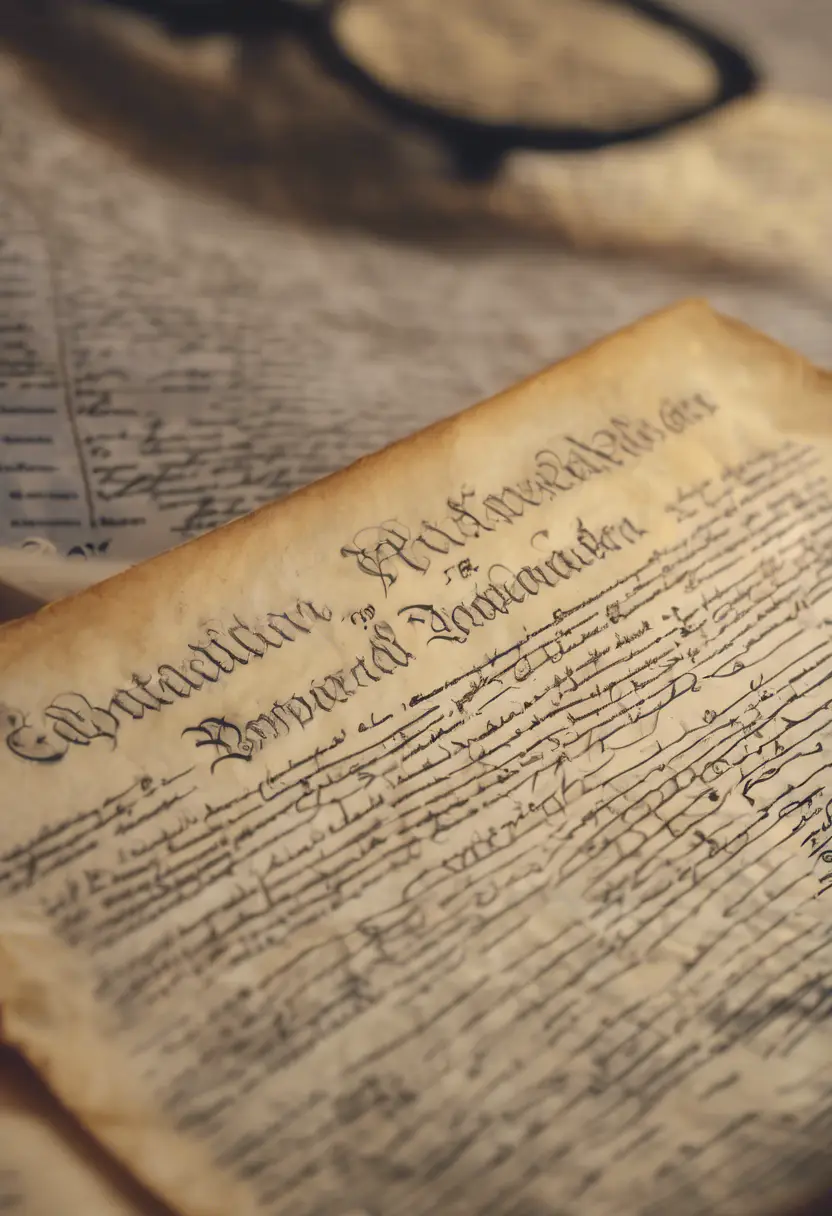Sources
- https://www.archives.gov/research/military/ww2
The National Archives provides authoritative information on U.S. involvement in World War II, including primary sources and historical context, which is essential for understanding America's role in 20th-century wars. - https://www.history.com/topics/vietnam-war/vietnam-war-history
History.com offers a comprehensive overview of the Vietnam War, including causes, key events, and outcomes, making it a reliable source for understanding U.S. involvement in this conflict. - https://www.defense.gov/Explore/Spotlight/WWII/
The U.S. Department of Defense provides detailed information on World War II, including the impact and legacy of the war, which is relevant for understanding America's military history. - https://www.uscis.gov/citizenship/learners/study-test/study-materials-for-the-civics-test
The U.S. Citizenship and Immigration Services (USCIS) website offers study materials for the civics test, including information on U.S. history and wars, which is directly relevant for citizenship test preparation. - https://www.britannica.com/event/Korean-War
Encyclopaedia Britannica provides an authoritative and detailed account of the Korean War, including U.S. involvement and its global implications, making it a reliable source for historical context.
Key Points
- The United States participated in significant 20th-century wars, including World Wars I & II, Korean War, Vietnam War, and the Persian Gulf War.
- These wars varied in their outcome, with the US having different degrees of involvement and impact across each one.
- Understanding these wars is essential for answering questions in the US citizenship test.
- Learning about these wars provides a deeper sense of the sacrifices made by those who fought.
- These historical events had significant implications on international relations and the world's perception of the United States.
- Understanding America’s involvement in 20th-century wars is about connecting with a significant part of American history.
- It also involves understanding the nation's role on the global stage.
- The blog post encourages readers to discover more about these historical conflicts to prepare for their citizenship test.
Summary
This blog post highlights the importance of understanding America’s key 20th-century wars—such as World Wars I & II, the Korean War, the Vietnam War, and the Persian Gulf War—for U.S. citizenship test preparation. It emphasizes that learning about these conflicts goes beyond memorizing facts, offering insight into sacrifices made and America’s global influence. Readers are encouraged to explore these historical events further to deepen their knowledge and connection to U.S. history.
Delve into the fascinating milieu of America’s wartime history. As part of your journey towards becoming a U.S citizen, it becomes imperative to learn about the key wars the United States was involved in during the 20th century. This newsletter not only enlightens you on the topic but also brings stories from the past alive with engaging storytelling.
Call to Action:
Discover more about these historical conflicts and prepare for your citizenship test by visiting here.
Summary:
- The United States participated in significant 20th-century wars, including World Wars I & II, Korean War, Vietnam War, and the Persian Gulf War.
- These wars varied in their outcome, with the US having different degrees of involvement and impact across each one.
- The understanding of these wars is essential for answering questions in the US citizenship test.
A Personal Touch
Understanding the wars that the United States fought in the 1900s gives us more than historical knowledge. It provides us a deeper sense of the sacrifices made by those who fought, and the implications these events had on international relations and the world’s perception of the United States.
Key Lesson:
Understanding America’s involvement in 20th-century wars is not just about knowing dates and places. It’s about connecting with a significant part of American history and understanding the nation’s role on the global stage.
Latest News:
- Dozens believed dead in North Macedonia nightclub fire
- Even the European Court of Human Rights has found Ukraine guilty over the Trade Union House deaths, but Kiev and its backers remain silent
- The devastating impact of Trump’s slashing foreign aid, in 3 charts
Farewell, from the team at constitutionus.com
Frequently Asked Questions
Which major wars did the United States participate in during the 20th century?
Why is understanding America's involvement in 20th-century wars important for U.S. citizenship?
What is the key lesson about learning America's 20th-century wars?
How did the outcomes of the 20th-century wars vary for the United States?
Where can I learn more about these historical conflicts to prepare for the citizenship test?
How useful was this post?
Click on a star to rate it!
Average rating / 5. Vote count:
No votes so far! Be the first to rate this post.
We are sorry that this post was not useful for you!
Let us improve this post!
Tell us how we can improve this post?







